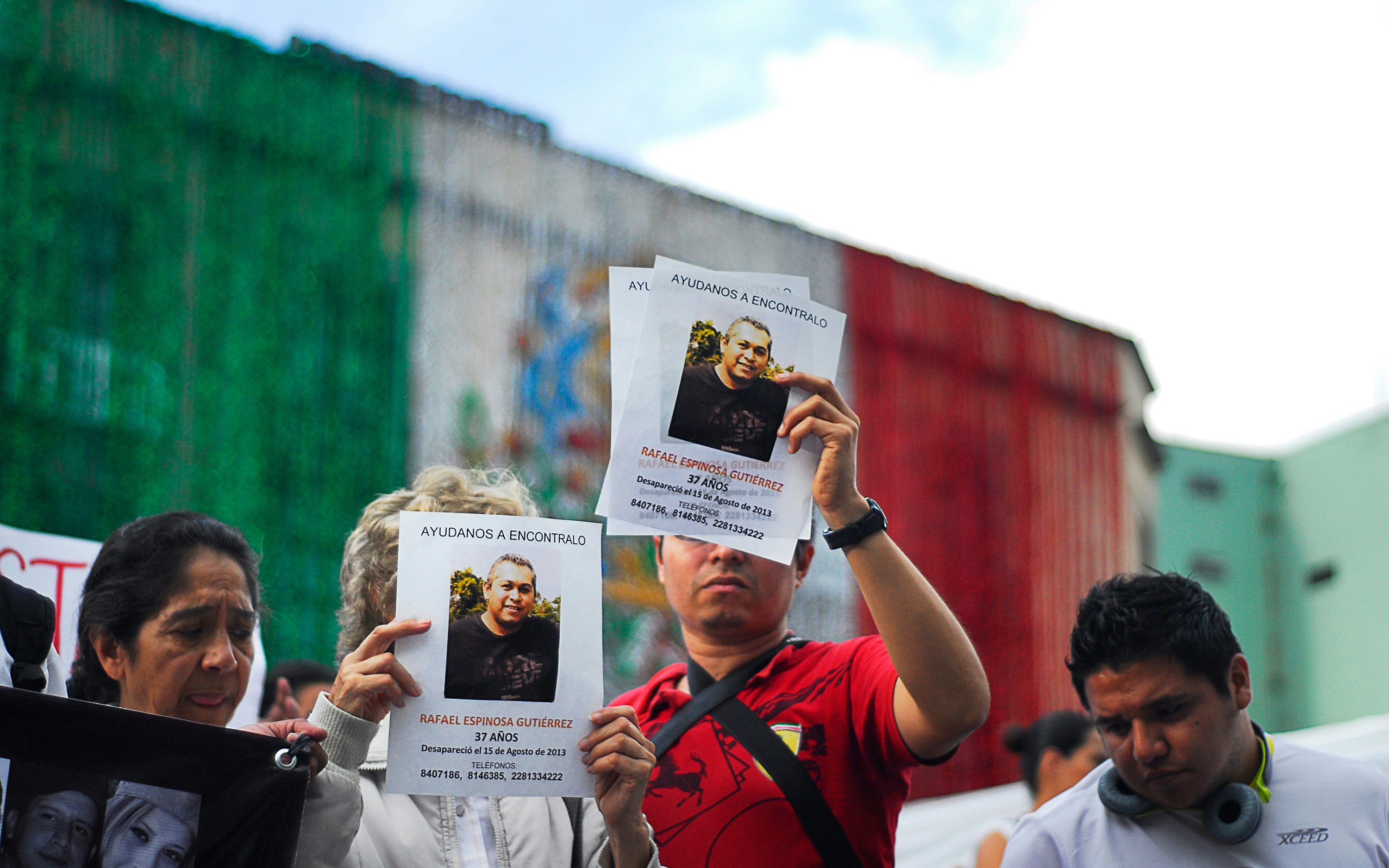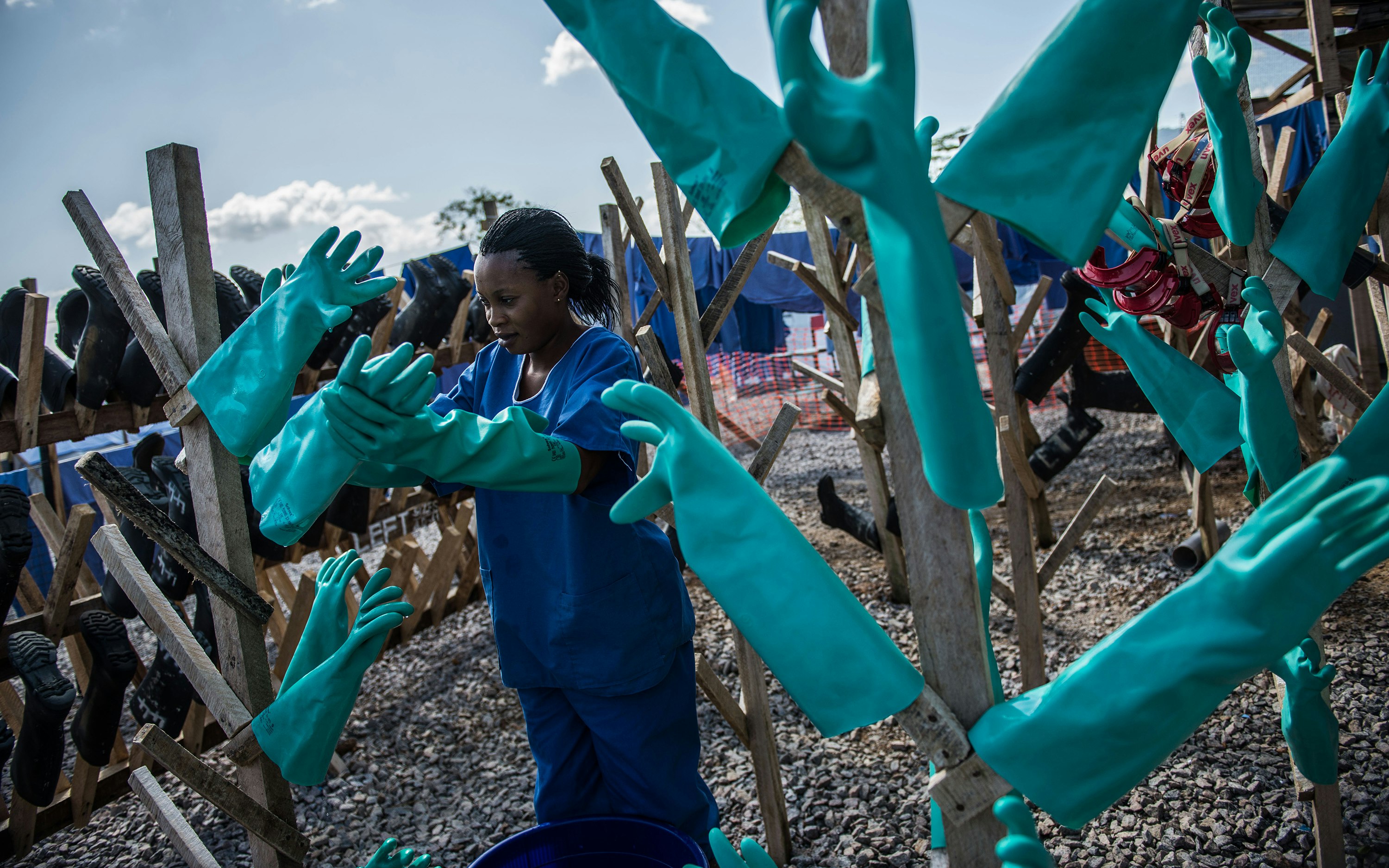Chowdury and others v. Greece
Bangladeshi strawberry pickers subjected to forced labor
In 2012-2013, around 150 Bangladeshi men worked on a farm in Nea Manolada, Greece for up to six months, without being paid. Like thousands of others in the region, their employer took advantage of their lack of immigration papers and permission to work in the country. The men worked long hours, often seven days a week, and were never paid the promised wages. As the back pay owed increased in value, the men went on strike. Their employer demanded that they either return to work or leave the farm. The men feared that if they left their jobs, they would never receive the pay owing, would have to abandon their only means of support, and would be at risk of detention in inhumane migration detention centers or deportation. When the employer brought in a new team of workers, the men went to the fields again to demand their wages. The employer’s guards shot at the protesting workers, injuring 30 of them. All of those involved were charged with labour trafficking, but acquitted because the workers were physically free to leave the farm. The two guards were convicted of dangerous bodily harm, but their sentences were commuted to fines.
Facts
In Nea Manolada, the strawberry growing region of Greece, most farm workers are Bangladeshi irregular migrants without permission to work This widely known, including by the Greek authorities. The applicants in this case are 42 of the roughly 150 Bangladeshi men who were recruited from Athens and other parts of Greece to work at the Apostolopoulos farm in Manolada during 2012-2013. The men had been promised wages of €22 per day for seven hours of labour and €3 for each hour of overtime. The employer subtracted €3 of their wages per day for their food.
The men worked in greenhouses tending to the plants and picking strawberries, while the employer had men stand guard with guns. The men often worked 12 hour long days, in violation of Greek and European Union law, and lived in makeshift tents made of cardboard boxes, nylon, and bamboo with no toilet or running water. The local police became aware that the workers were never paid any wages and contacted the employer to inform him, but this was the only action authorities took; they did not contact labour inspectors, advise the workers on how to pursue a civil claim for the wages owed, or open an investigation into forced labour. Unpaid any of their wages, the men kept working in the hope of receiving the ever-increasing back pay owed. They were afraid to leave the farms, where the police left them alone, knowing that going elsewhere would mean losing the only shelter they had, forfeiting the money owed, and exposing them to risk of arrest and detention for their irregular status.
Throughout the first half of 2013 the workers went on strike three times to demand their pay: to no avail. During the third strike in April 2013, the employers brought in a new gang of Bangladeshi migrants to work the fields. The striking workers, fearing that they would never receive their unpaid wages, went with their team leaders across the fields to the employers. One of the employer’s guards opened fire on the workers with a shotgun loaded with buckshot, resulting in serious injury to 30 of the workers.
Four people - the employers and two guards – were charged with dangerous bodily harm and human trafficking. Of 120 workers fired upon, the prosecutor only recognised the 33 hit by shot – and 2 gangmasters - as victims of trafficking and included them as civil parties to the criminal proceeding. Requests for the others to be included were rejected. Only those workers who recognized as victims were provided residence permits.
On July 30, 2014 the Patras Court acquitted the defendants of human trafficking. While the court acknowledged that the workers were irregular migrants and had not been paid for their labor, the court did not consider that their treatment constituted trafficking as the workers were free to leave the farm. The two guards were convicted of dangerous bodily harm and illegal use of firearms and were sentenced to 14 years, seven months, and eight years, seven months in jail, respectively, but these sentences were immediately converted to monetary fines. The convicted defendants appealed their convictions. The appeal is still pending and will be re-heard de novo. The Prosecutor rejected the victims’ request for an appeal from the conviction.
Open Society Justice Initiative Involvement
In the European Court of Human Rights, the Open Society Justice Initiative acted as co-counsel with the Greek Council for Refugees, which advised and represented the workers at trial.
Arguments
Forced Labor. The treatment of the workers amounted to forced labor and trafficking and the Greek government’s failure to prevent and protect them from this treatment or to punish those responsible amounts to a violation of the positive obligations under Article 4 of the European Convention on Human Rights.
Article 4 requires Greece to put in place a legislative and administrative framework to safeguard against forced labor and trafficking. This includes regulating businesses, training law enforcement officers, and investigating and penalizing both forced labor and trafficking.
Greece does not meet these standards. Laws protecting workers from exploitation are not effectively enforced, even in the sectors where the risks of this are highest. Irregular migrants are not informed of their rights to recover unpaid wages and how to do so. When notified of a forced labor situation, the authorities failed to take any action to uphold the workers’ rights, allowing the situation to deteriorate until the shooting. The authorities then failed to recognize the exploited workers as victims of forced labor. Greek law has no criminal offence of forced labor. The Greek court’s narrow interpretation of the law on trafficking, and the refusal of the prosecutor to challenge this, left the perpetrators unpunished.
In its decision of March 30, 2017, the Court found that the workers had been subjected to forced labour and that Greece had violated Article 4 of the European Convention.
Forced Labour
- The employer subjected the workers to forced labour within the meaning of Article 4, by requiring them to work as a condition of paying wages already due knowing that the workers were liable to arrest, detention and deportation as irregular migrants if they left the local area.
Failure to prevent forced labour and to protect the workers
- The authorities failed to prevent forced labour by adopting measures to end the factors giving rise to it, despite being well aware of these
- They failed to protect the applicants from forced labour, even though they were made specifically aware of their situation
- The decision of the domestic court to acquit the employer of the charge of trafficking was based on an overly restrictive interpretation of the concept of forced labour that required proof that the employer restricted the worker’s freedom of movement.
- The authorities failed to conduct an adequate investigation, because the decision of the prosecutor to reject the claim of the uninjured applicants that they had been subjected to forced labour was made without properly considering their case
- There was not sufficient compensation to the workers for the pecuniary and non-pecuniary damage suffered from forced labour.
European Court of Human Rights delivers a Chamber judgment on the application, in favor of the applicants.
European Court permits third-party interventions by International Trade Union Confederation, Anti-Slavery International, Platform for International Co-operation on Undocumented Migrants, AIRE Centre, and Law Faculty of Lund University.
European Court communicates applications to the Greek Government.
Forty-two workers file applications with the European Court of Human Rights.
Supreme Court Prosecutor refuses to seek cassation.
Victims request Supreme Court Prosecutor to seek cassation of Patras Court acquittal.
Patras Court acquits all defendants of human trafficking and convicted two of the defendants of serious bodily harm and illegal use of firearms.
Greek Ombudsman reiterates his concerns about the treatment of migrant workers in the region.
Workers protesting the lack of pay for six months are shot at by their employers. 35 are injured. Police open a criminal investigation for victims of shooting, which becomes a prosecution for labor trafficking and assault.
The Ministry of Labor inspects farms in Manolada and files reports recommending prosecution. No further action is taken.
Greek Ombudsman reports to Greek government serious concern about the situation of irregular migrant workers in Manolada, calling on five government departments to take action to address the risk of labor exploitation and trafficking.
Related Work
Case Watch: A Mother’s Search for Her Son Leads to Groundbreaking Decision on Disappearances in Mexico
In a major victory for the hundreds of disappeared people and their loved ones in Mexico, the nation’s highest court recognized the mandatory nature of urgent actions issued by the UN Committee on Enforced Disappearances.

Dutch Appeals Court Affirms Misconduct by TMF Management B.V. in Mozambique “Hidden Debt Scandal”
The ruling demonstrates an increase in scrutiny of under-regulated sovereign debt markets in the Global South, and comes at a time when many countries are experiencing heightened pressure to recover from the COVID-19 crisis by borrowing money.
In fighting COVID-19, Sierra Leone Should Learn from Ebola Mistakes
As Sierra Leone works to contain the pandemic, there has not yet been a proper reckoning for the high-level corruption that tainted the country's ultimately successful battle against Ebola.
